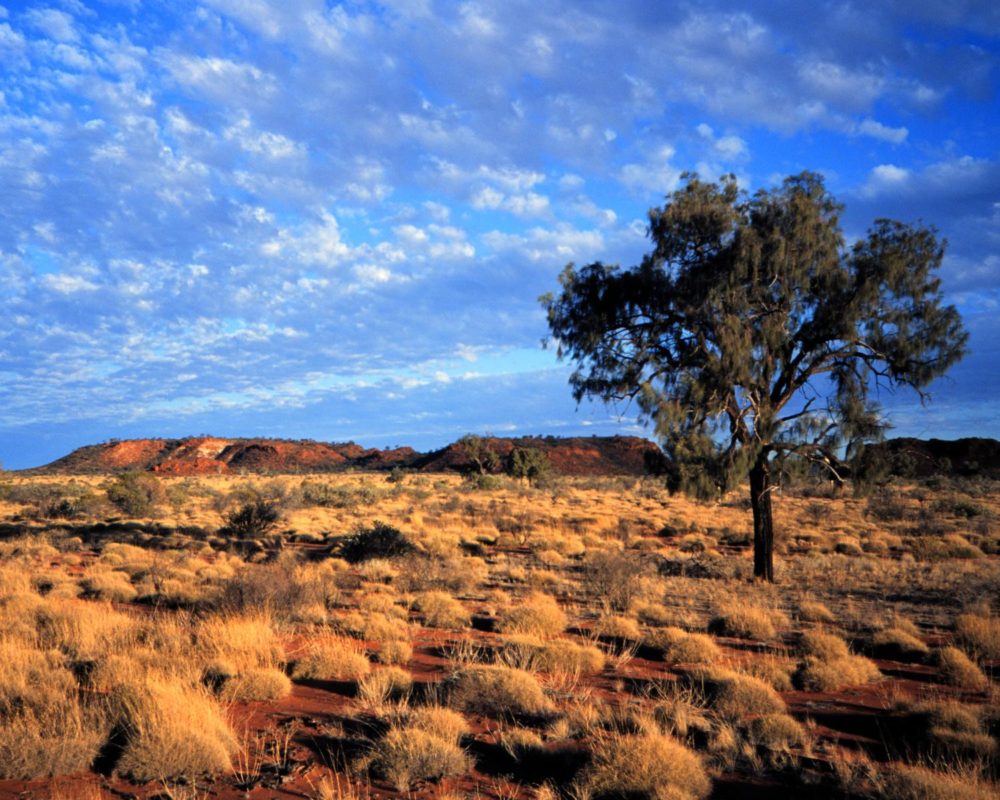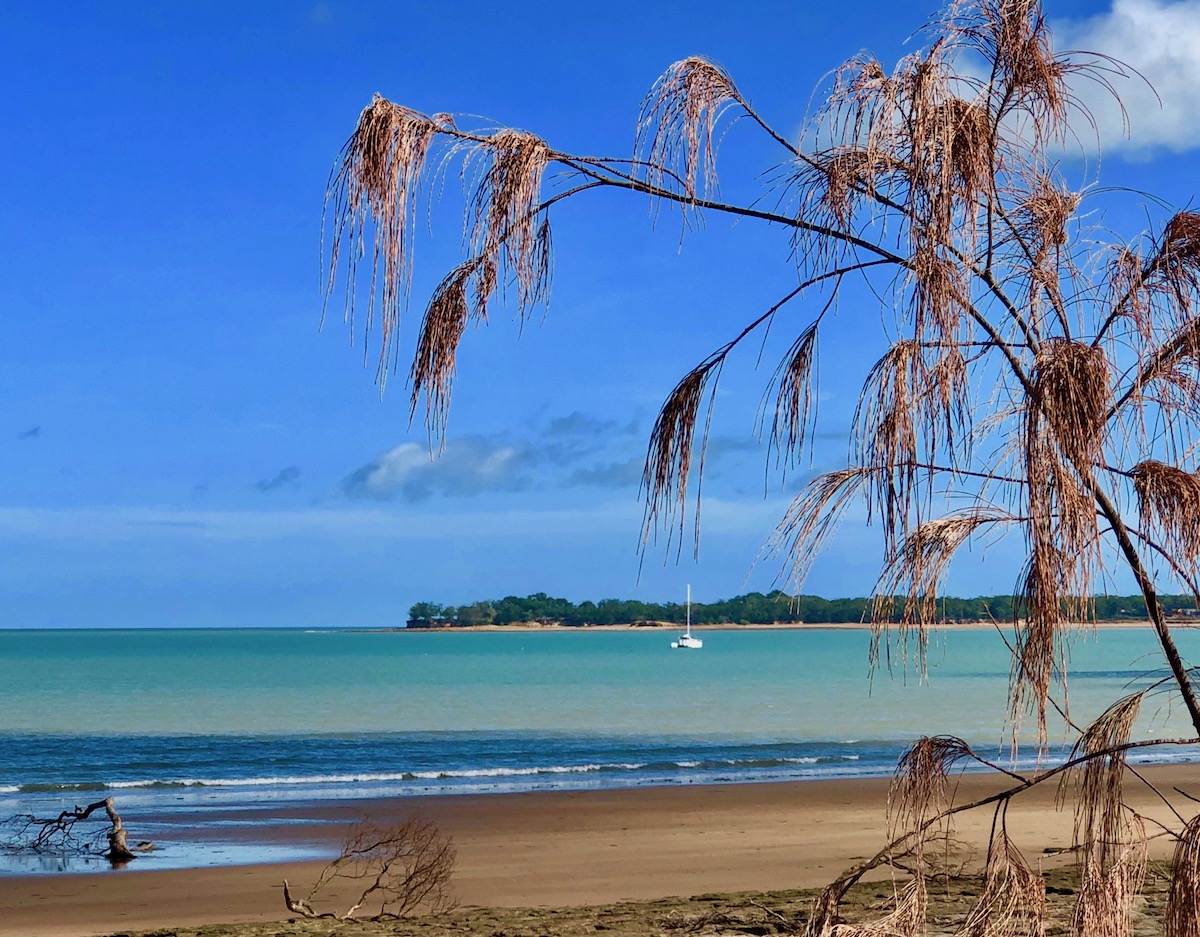
Eastern Europe: Shortages, the Garden, and So Much History!

Our Behind the Old Iron Curtain Trip: Can It Happen Here?
Note for our wonderful subscribers: We’ll be blogging this trip on Substack since it’s faster. You can find us there/subscribe at: https://substack.com/@blakeislandjourneys
The gusher of awfulness sits there, waiting at the other end of a link click.
I don’t click. Instead, I watch the sun slowly rise over our harbor as a Chopin cello nocturne fills the room with peaceful notes. No peace comes, though, because I worry about that empty harbor. And shortages. And immigrants.
Our Puget Sound harbor usually contains a few anchored container ships, the overflow from Seattle’s port when its docks are at capacity. Our harbor provides one of only two deep-water anchorages in the Pacific Northwest. We’ve been busy hosting foreign ships for years, yet now our harbor sits empty.
It’s been like that since early April. Our resident sea lions still bask in the morning sun on the swim float covered in thick layers of grey seabird guano, but no container ships sit at anchor for them to honk at.

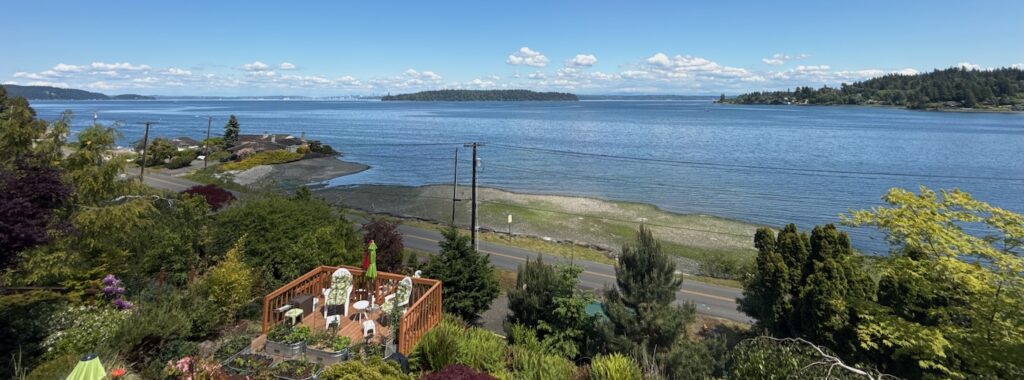
No one swims out to that float anymore, just as gigantic tankers don’t visit our safe harbor anymore. Sometimes at night I’d look out there and wonder what the foreign ship crews thought of their view of America, since what they could see included our peaceful shoreline and seaside garden. Now I wonder where the crews have gone; what other safe havens have they anchored in, somewhere else in this vast world?
Our neighbors complained about those tankers because of their growling generators and how they blocked the smashing views of Seattle’s skyline. At night sometimes it looked like a Steampunk industrial park, accompanied by a muffled cacophony of clanking pistons and heaving anchors. I never complained; the ships reminded me that a vast other world exists out there, just a voyage away. How often do we take that fact for granted, when packages from around the world get plopped on our front porches with such ease?
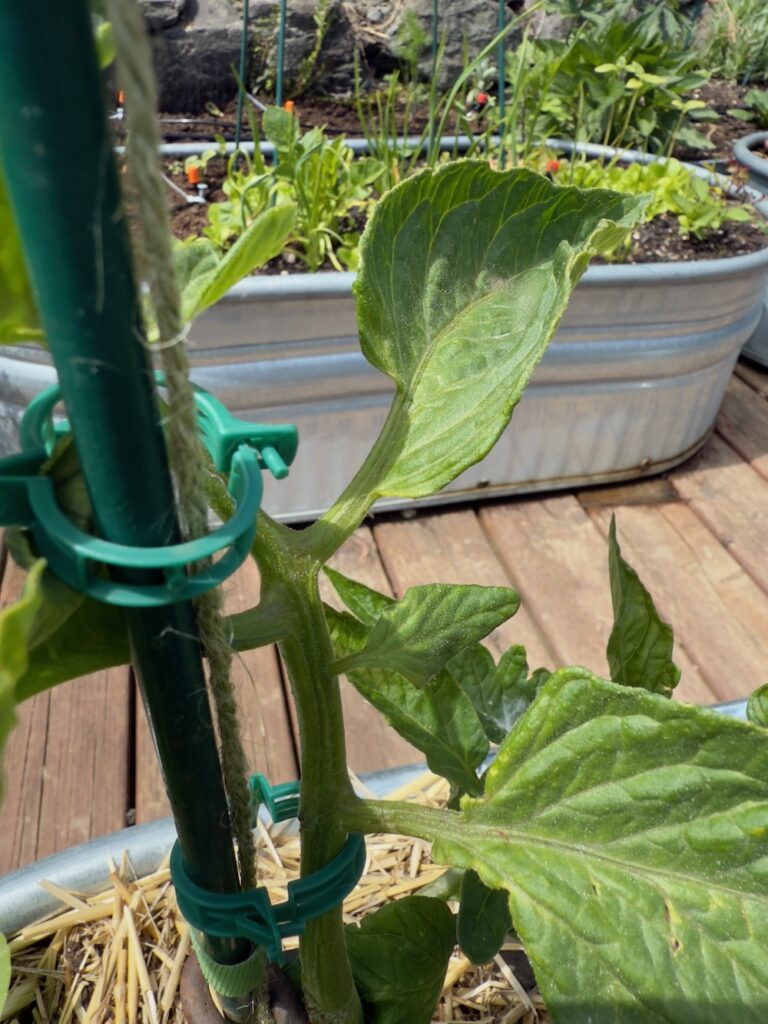
We used to joke about rowing out to do our Christmas shopping – barter for sneakers! – but not anymore. The massive container ships have vanished. The ramifications of their disappearance will be felt by everyone soon, a shortage tsunami of empty shelves delayed only because suppliers stocked up a few months ago as they anticipated the effect of tariffs.
It’s true that the gusher of awfulness is almost impossible to escape, even while I plant beans and coerce tomatoes to grow vertically with nifty trellis ties from China that I ordered when I understood what shortages might mean for garden supplies. We also bought new outdoor lighting fixtures, since over 90% of America’s home electronics are made in China.
Yet we’re doing like the container ships and leaving town, after we get the automatic sprinkler system (from China) and house sitters in place, of course. We’re headed to the old Iron Curtain countries, the part of Europe where not that long ago two autocratic regimes headed by megalomaniacs committed some of the most horrendous historical atrocities against humanity: Poland, Hungary, Czechoslovakia, Austria, Germany.
In the megalomaniacs’ efforts to create ‘better’ societies, they destroyed the best of their societies: talented, industrious citizens, flourishing cities, music, the arts, culture. Life. Today, scrappy citizens still work to claw back that vibrant Eastern Europe culture, and we’ll arrive in Poland in the midst of a razor-close fraught election, between the liberal democracy party and its right wing opposition. Sound familiar?
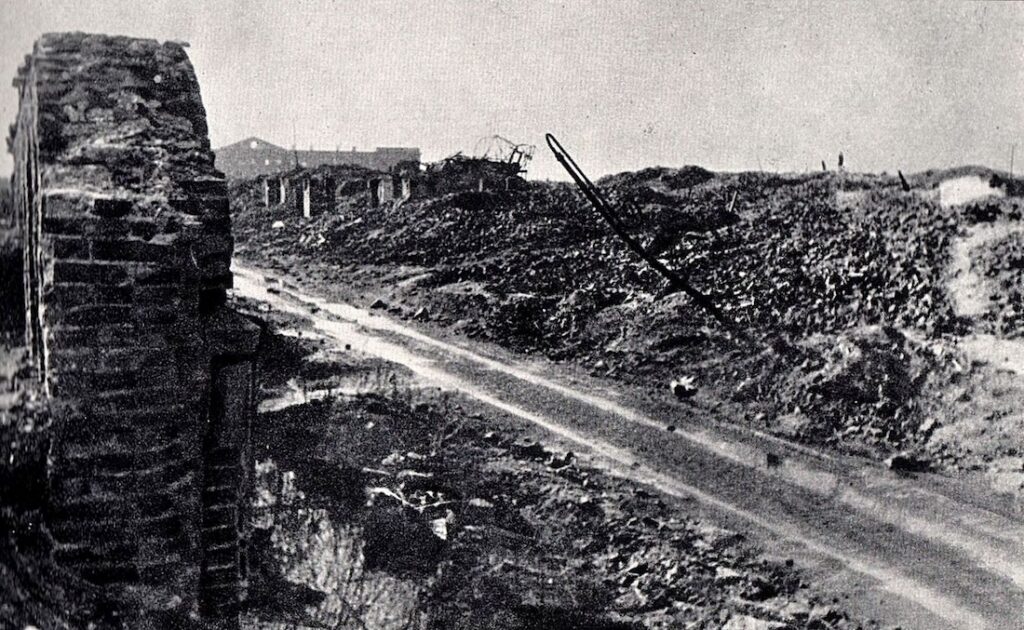
What the megalomaniacs did to Eastern Europe reminds me of what chemical sprays do in our gardens. They eradicate some things efficiently, but they also wreck our garden’s beneficial natural balance. Plenty of good stuff dies as well, and you end up with a garden like the one I’ve never been able to forget, from a 1980s doomsday movie, after a nuclear Armageddon. The garden was silent, lifeless, a result of the poisonous chemical dousing that Rachel Carson warned us about in her environmental 1960s masterpiece Silent Spring. In this Armageddon garden there were no bird chirps, no insect flutters. All was still and silent. No winged creatures dancing from bud to bud. No joy. The chemicals killed all the joy.
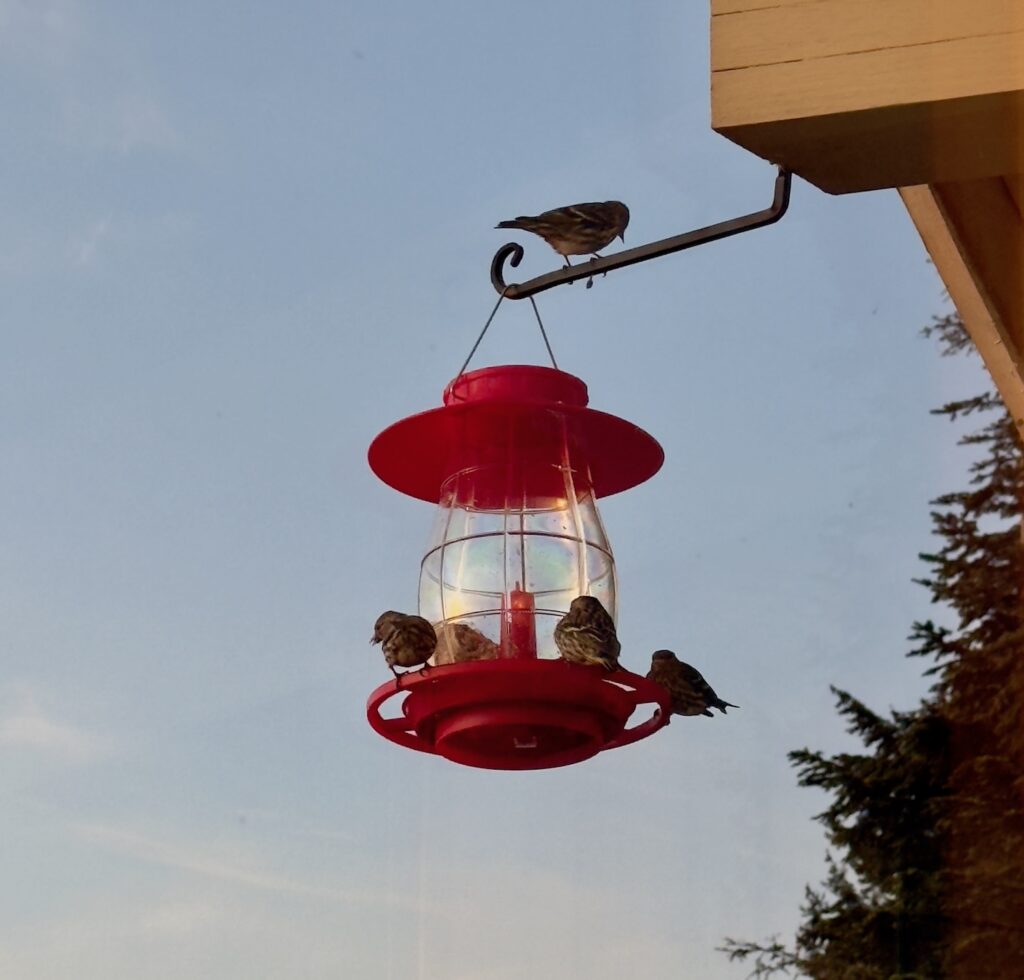
I confess that it’s tempting to reach for a chemical solution to tackle black spot and powdery mildew, but when I do* (*roses are my downfall), I think about Bobby, our new garter snake resident. I named him after another Bobby with a worm brain issue, but our Bobby isn’t trying to take life-saving vaccines away. Instead, he feasts on the slugs that used to eat the tender dahlia shoots. I didn’t use a pinch of slug bait this year, and I owe it all to Bobby* (*and his friends. There’s more than one Bobby, of course, but I just call all the wriggling snakes that slither out of the rockery ‘Bobby’ for the fun of it.)
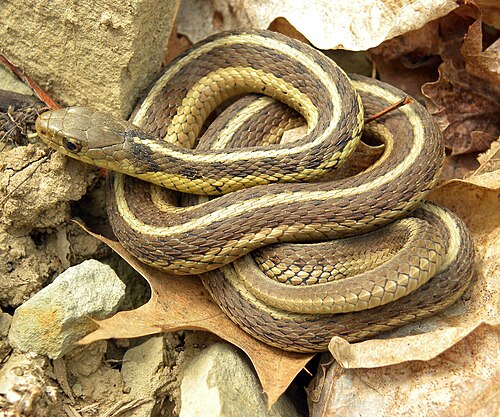
So why go to that part of the world, a curious friend asked, when things feel so untethered, when air travel seems unsafe – Newark! – and even passport holders might be stopped for questioning at border control?
We joke with our summer traveling friends about those border crossings, even though we know (or think we know) that U.S. citizens with passports will be fine returning to our own country, the land of the free and the home of the brave. Right?
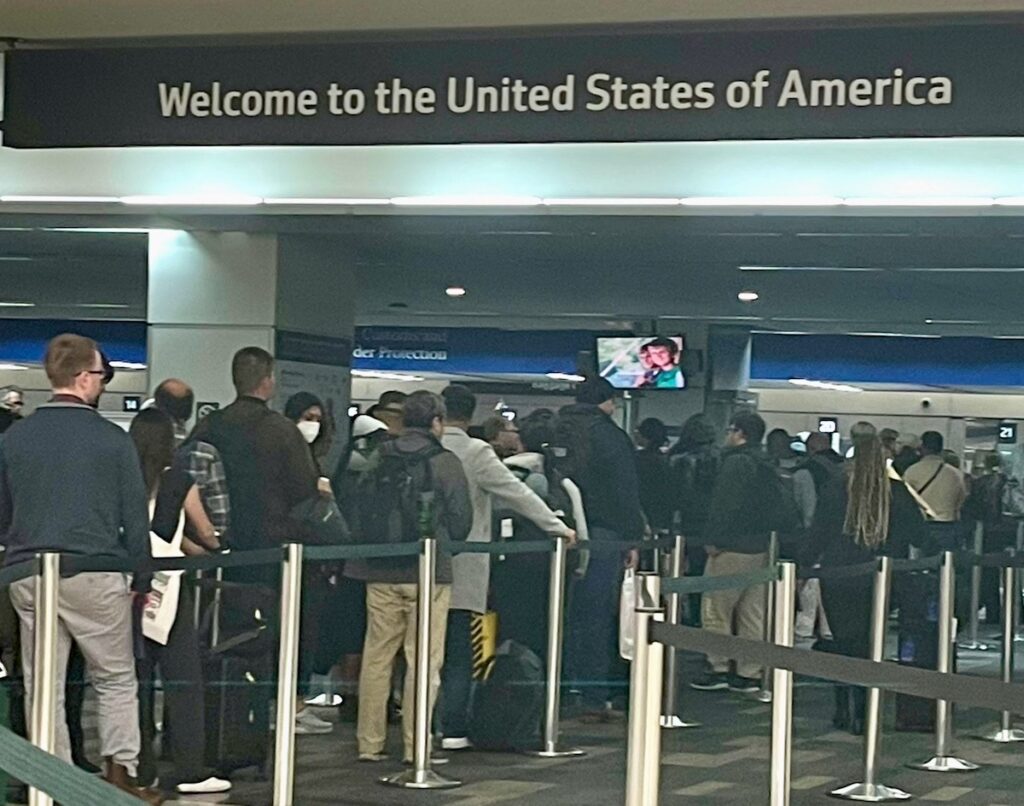
The dangers seem unreal here on the blue edge of America, and our Behind the Old Iron Curtain trip is partly to help us understand that yes, it CAN happen here. We just watched the shattering film, The Pianist, which showed how fast a thriving culture can be destroyed by evil. It can happen anywhere, if the right conditions are in place.
Our America, the one that made it so two kids from lower-income, non-college educated households reached old age to live on the seaside with a spectacular view of downtown Seattle, is in danger. This country, where children still can achieve more than their parents, where anyone, and especially immigrants like our great grandparents, can make it and rise to heights our ancestors couldn’t imagine. For now.
And yet. Yes, of course it can happen here. Of course.
I can’t help but think of the helpers who’ve helped us, both here in our Puget Sound garden and in Key West, people who may have already been swept up in ICE raids, from what I’ve heard. Their work ethic and gumption never failed to impress, even though none of our yard helpers spoke English. We never cared about that and never will, especially since those scrappy workers were willing to scramble over our slippery steep bank to do the work we could no longer manage.
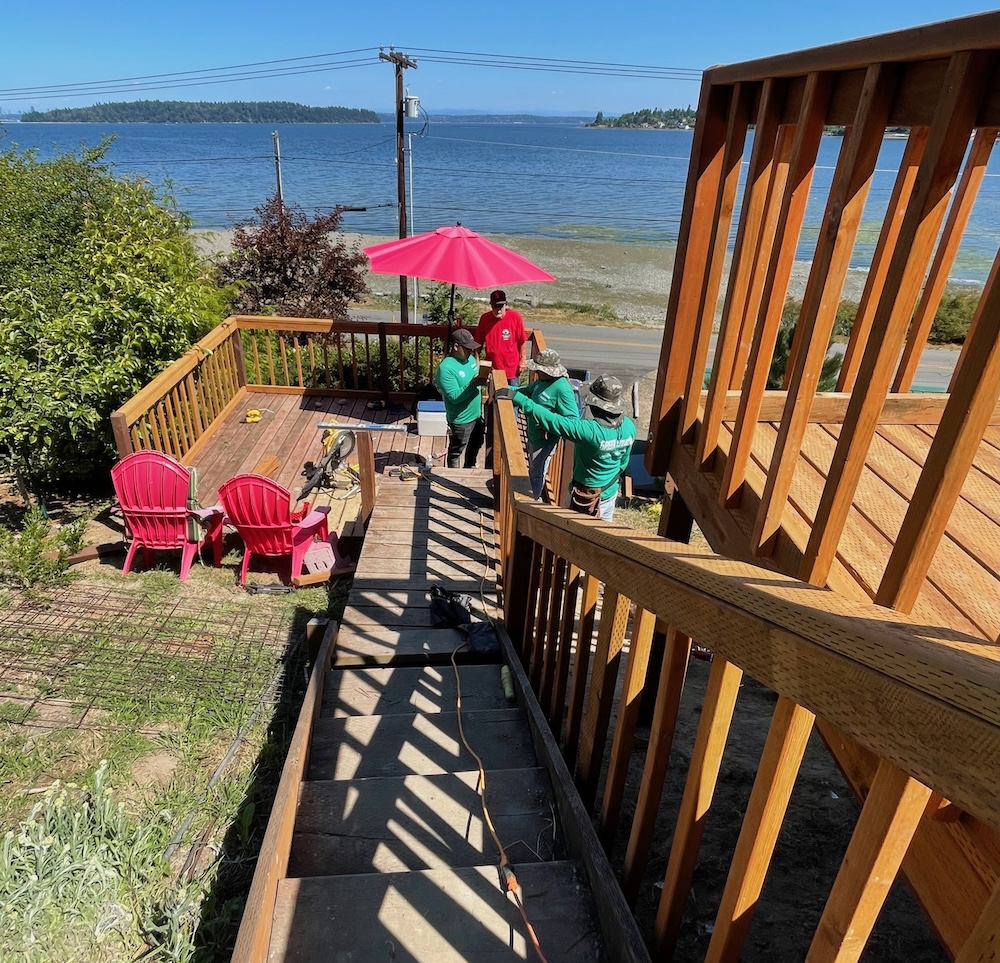
Why must our hard working helpers leave when they contribute so much, just as our ancestors did when they came to the United States? I think of the lovely caretakers who assisted my father during his last nursing home stay, all immigrants, many who worked at least two jobs to survive. Why send them away?
My curious friend asks a good question, though, one that frames the choices so many of us face right now. Do we click on the link and let the awfulness flood in to spoil our days, when it seems there’s little we can do to stop it? Or do we block it all out, escape into our gardens, our hobbies, our reading, our social escapes? Quit traveling, and hunker down?
Well obviously our choice is to board a Scandinavian flight today, to Copenhagen with a connection to Warsaw, and say a prayer. This trip will be steeped in history learning, including our visit to the Auschwitz concentration camp as well as the remains of the Warsaw Jewish Ghetto, where the real Pianist, Władysław Szpilman, survived somehow, one of only a few hundred Jews out of 400,000 from Warsaw’s ghetto to do so. I can’t even begin to grasp those numbers. How that could possibly be? And yet it was, and it must not be, ever again.

In honor of Wladyslaw Szpilman, we’ll also seek out sites that celebrate Chopin, Strauss, Mahler, Schubert, Mozart – the musical greats perpetuated by the wildly interesting Habsburg Empire, which we’ve been studying as well. We plan to attend an organ concert in an old Prague church where Mozart once played, to remind us of the cultural miracles that originated in this part of the world, before the horrors. (FYI I am busting buttons that I can now play one page of a Chopin polonaise – only one page because Chopin looks easy but nope, especially when your piano skills are as rudimentary as mine are. Old people can still learn stuff/yay).
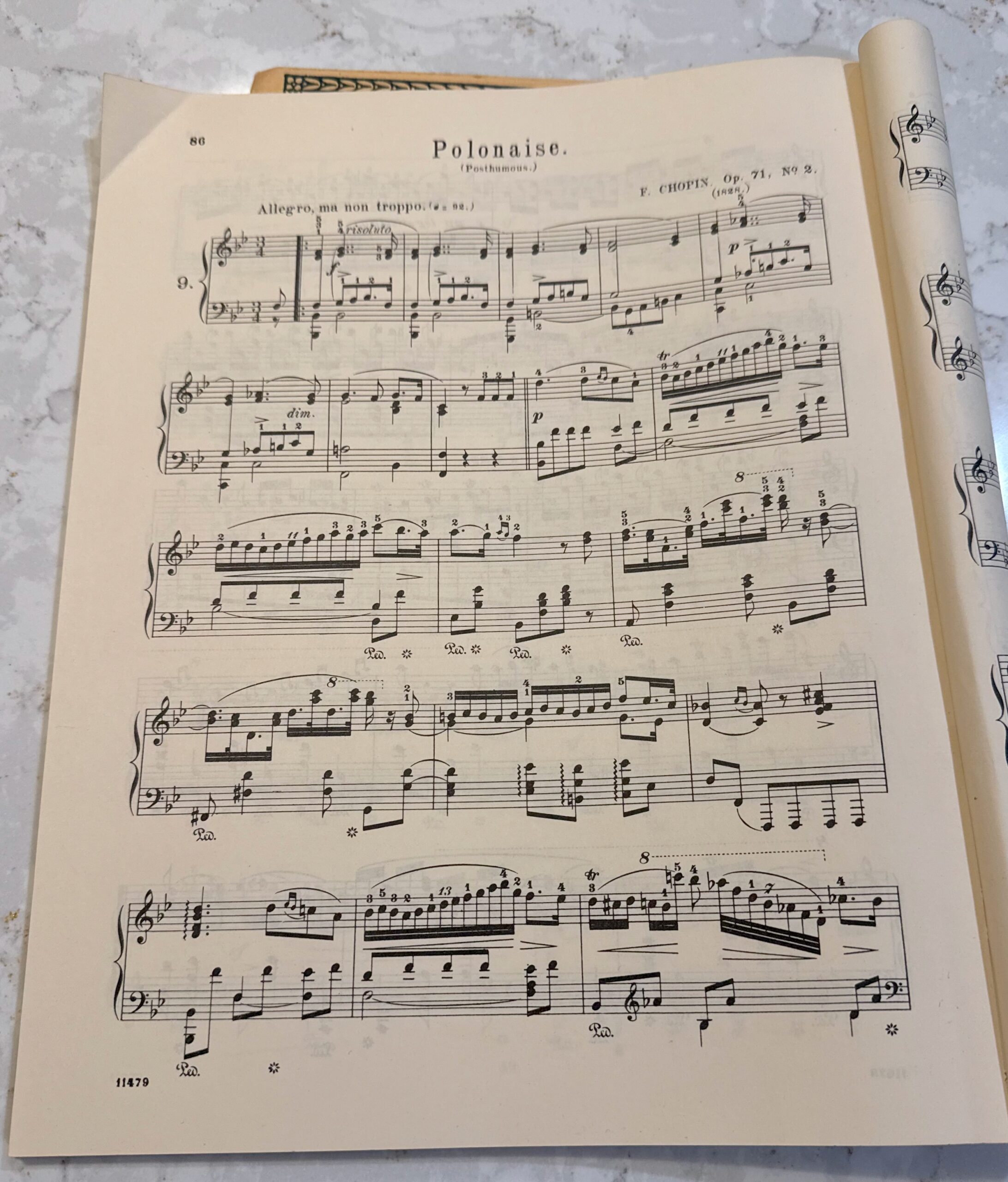
We’ll continue to speak up as long as we can as well. Ok, maybe not in the passport line but we’ll see. We’ll be back in time for the national No Kings protest on June 14, where we will once again protest the cruel actions of our current government. We are clear-eyed about the effects of our protests but we will continue, because in the words of one of my favorite nature writers, Wendell Berry:
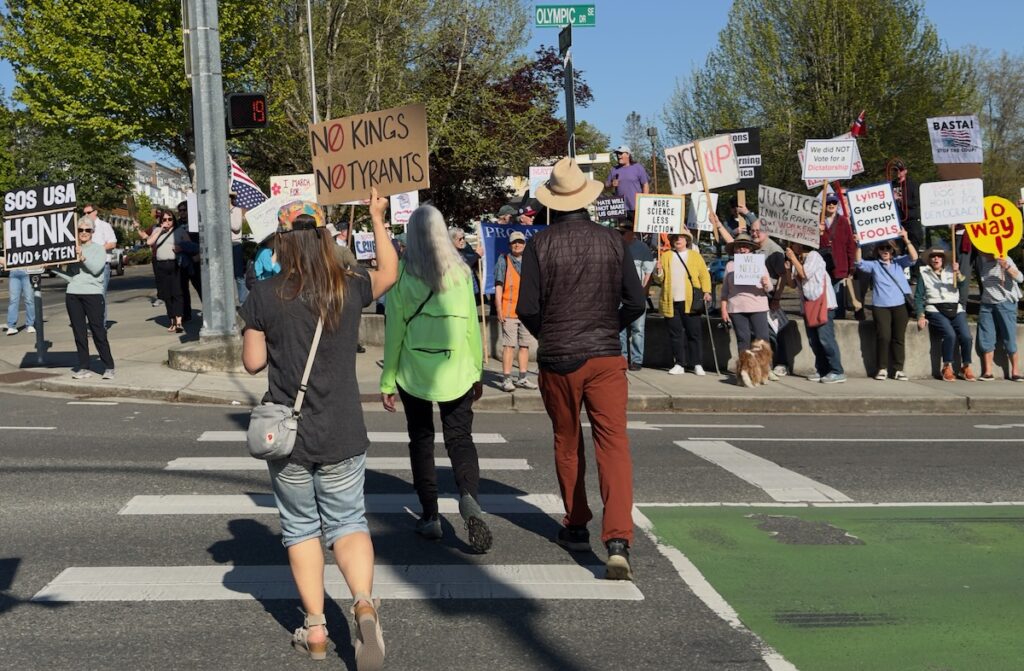
History simply affords too little evidence that anyone’s individual protest is of any use. Protest that endures, I think, is moved by a hope far more modest than that of public success: namely, the hope of preserving qualities in one’s own heart and spirit that would be destroyed by acquiescence.
We protest so all the cruelty doesn’t make us hate, or cause us to give up. When I feel like giving up and blocking it all out, I also remember our old neighbor Walt, who well into his 90s, plagued by a host of health issues and losses, never gave up no matter what. He still walked along our beach every day with his faithful dog Pal and kitty Tiger by his side, and unfailingly told us, as he gestured to the natural beauty surrounding us:
“Isn’t this just a little slice of heaven?”
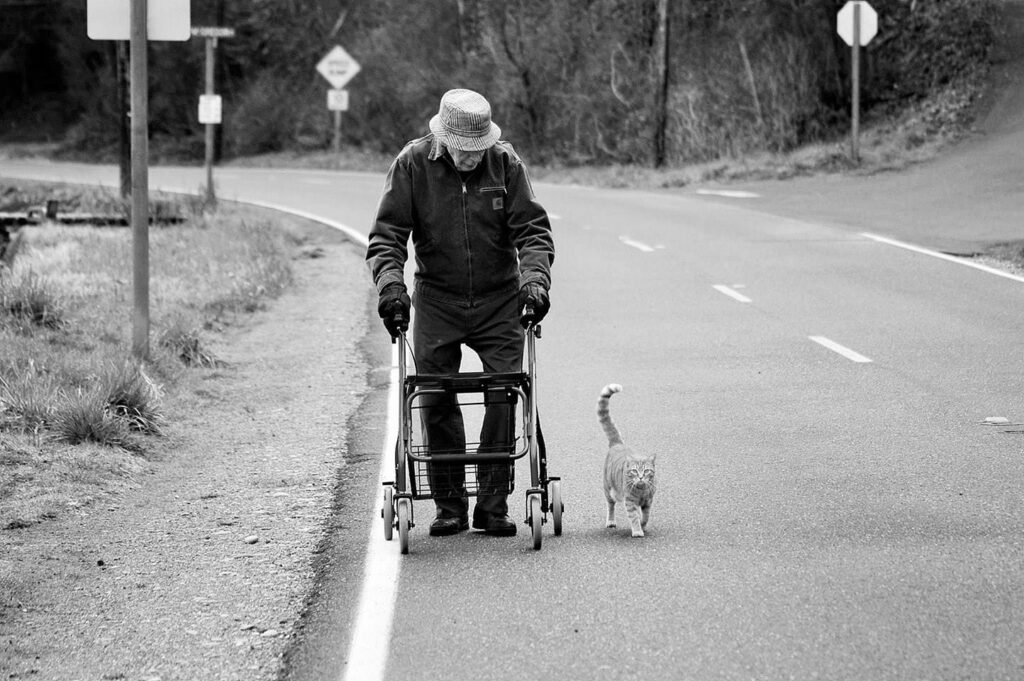
Indeed it is. Thank you, as always, for following along on our journeys. Make sure to hop over to our Substack, where we’ll continue the story:

